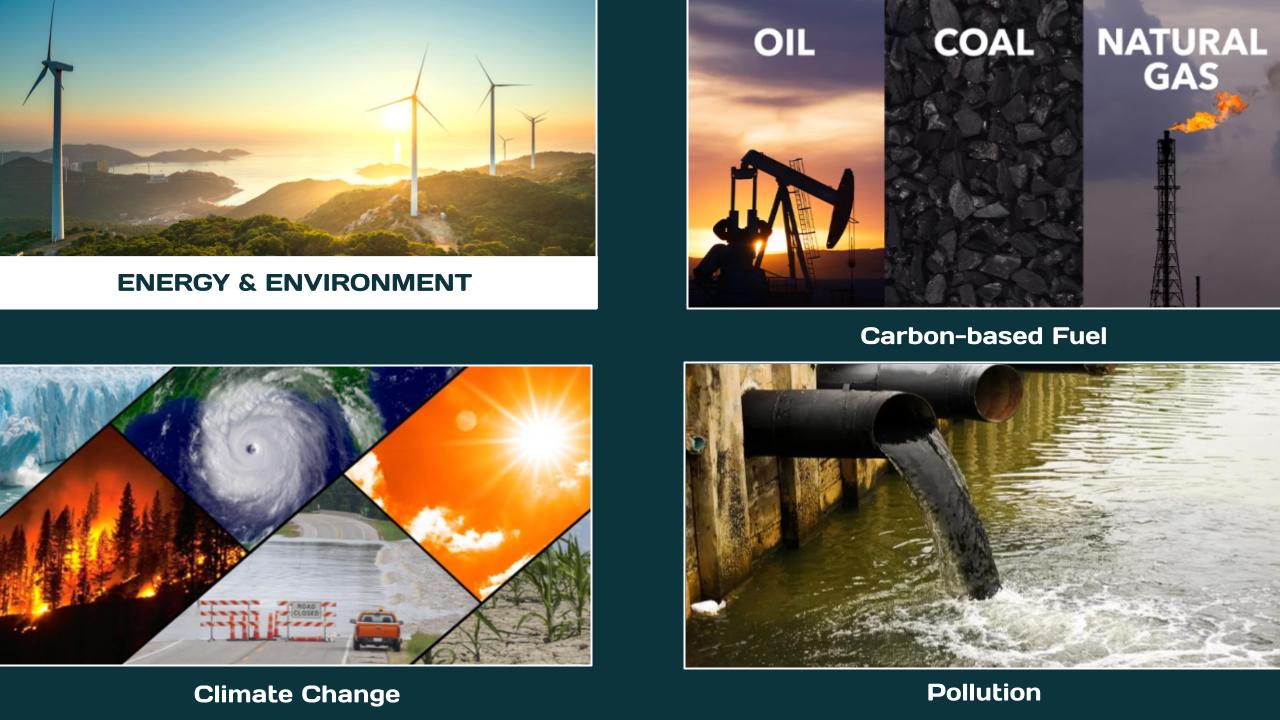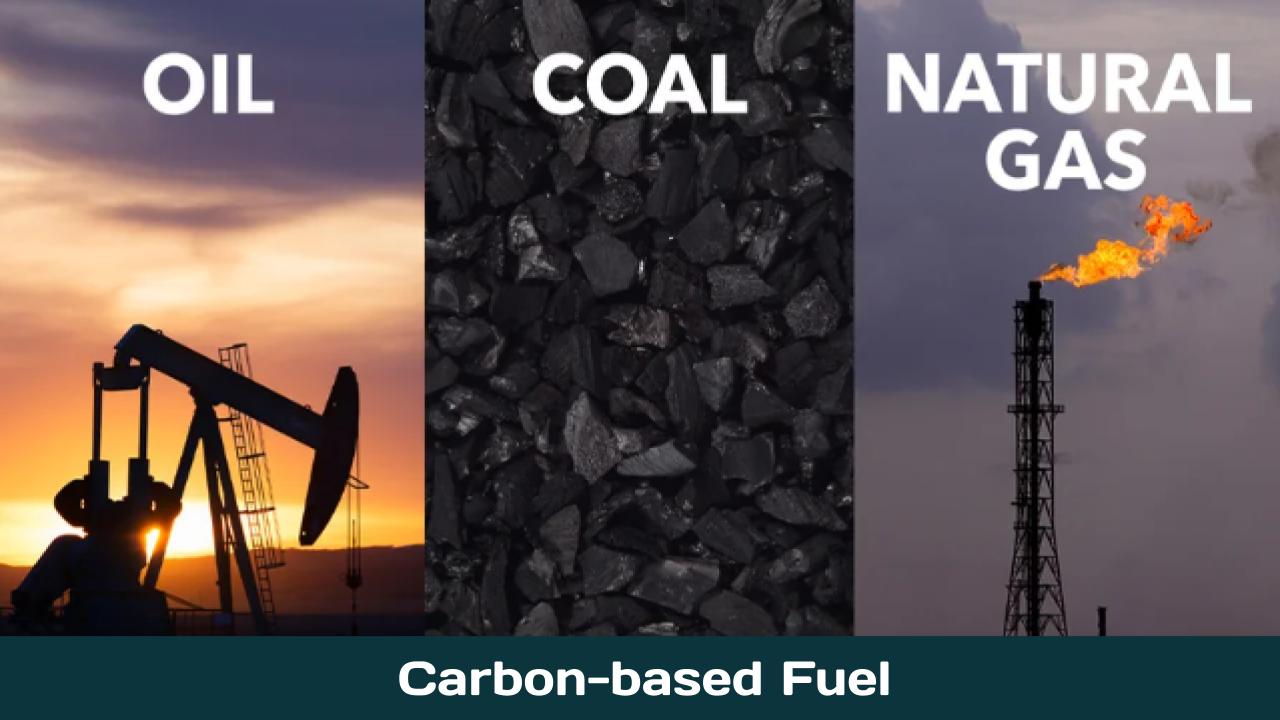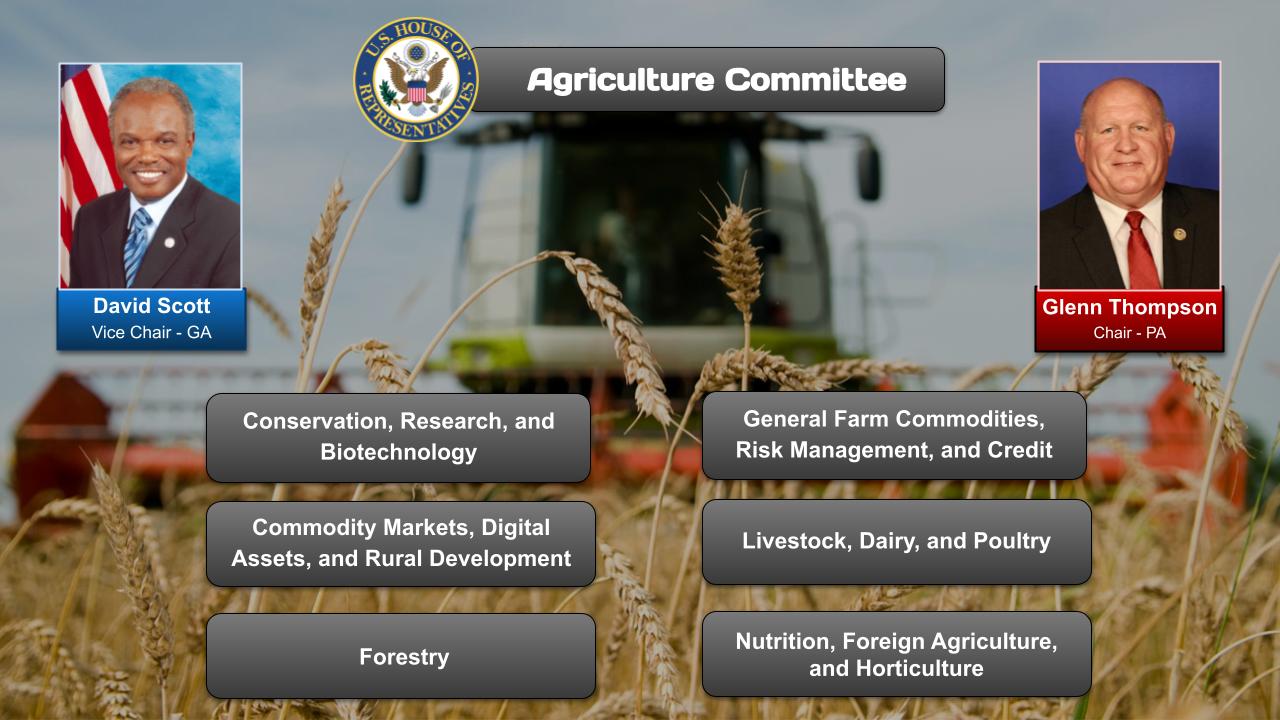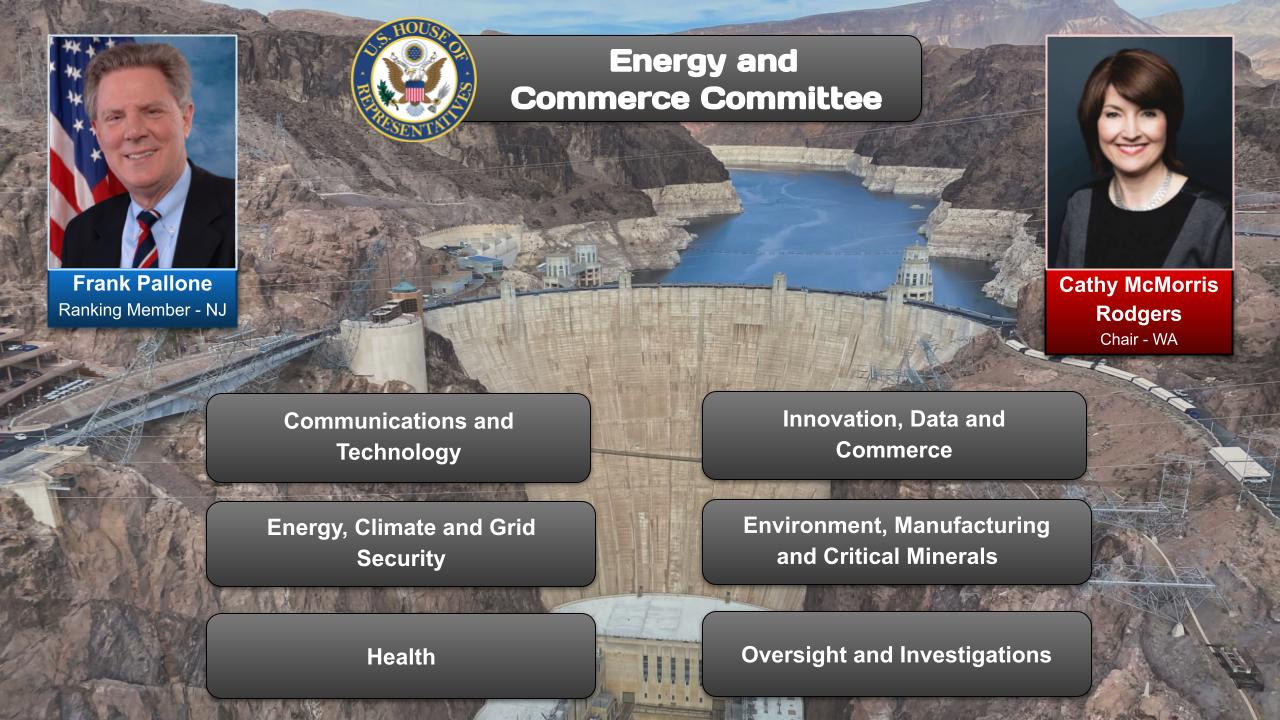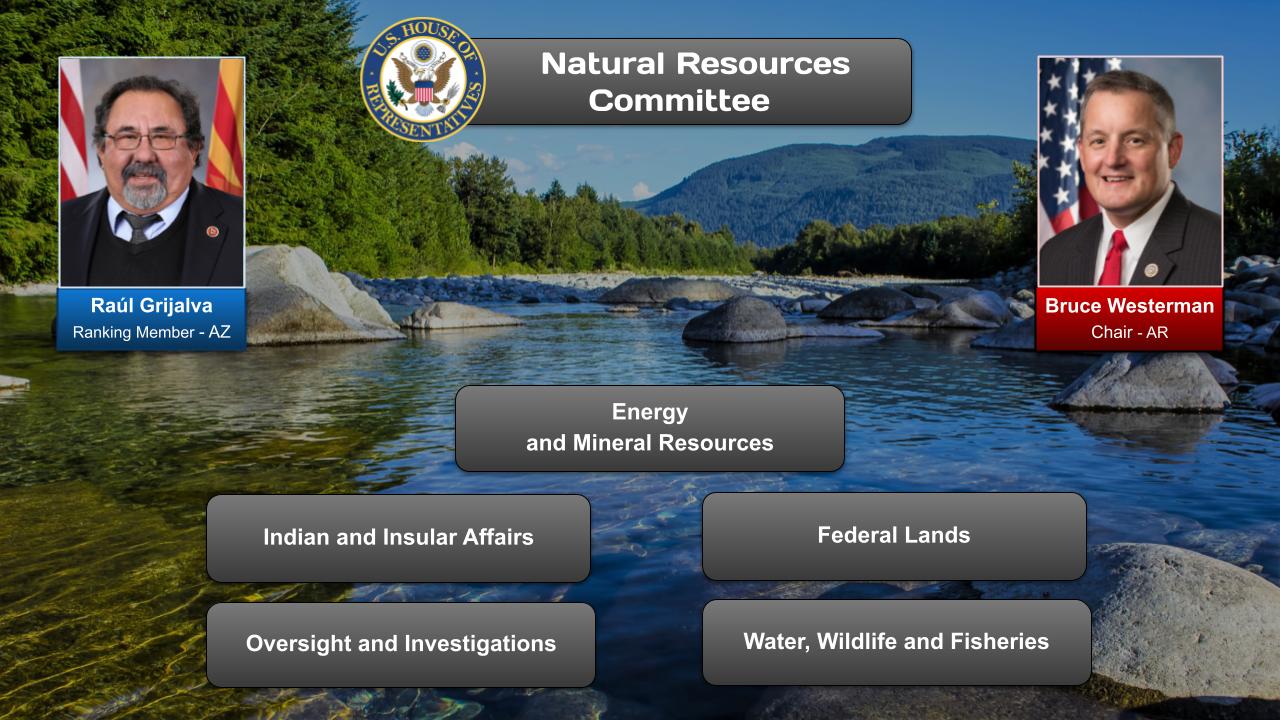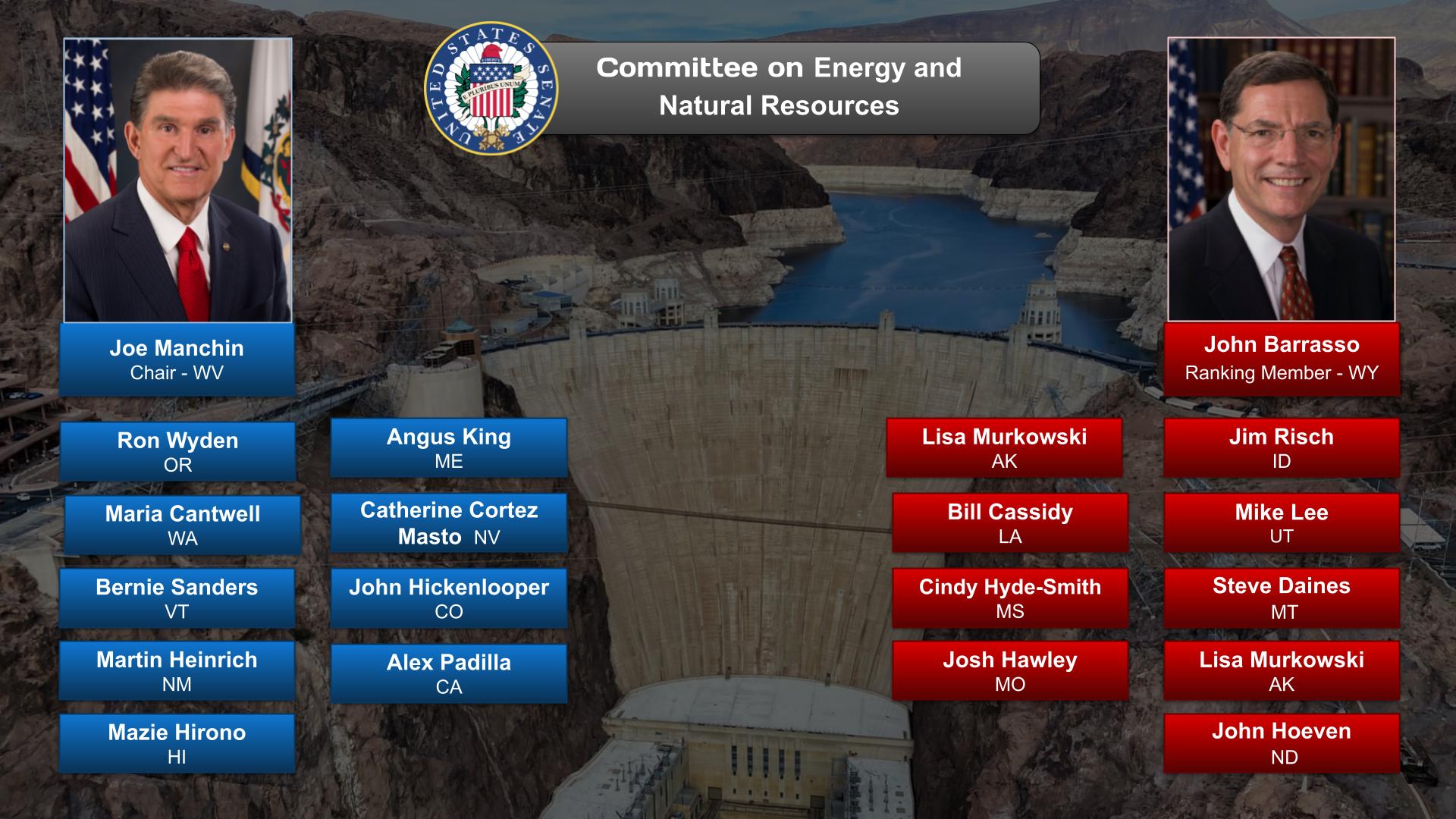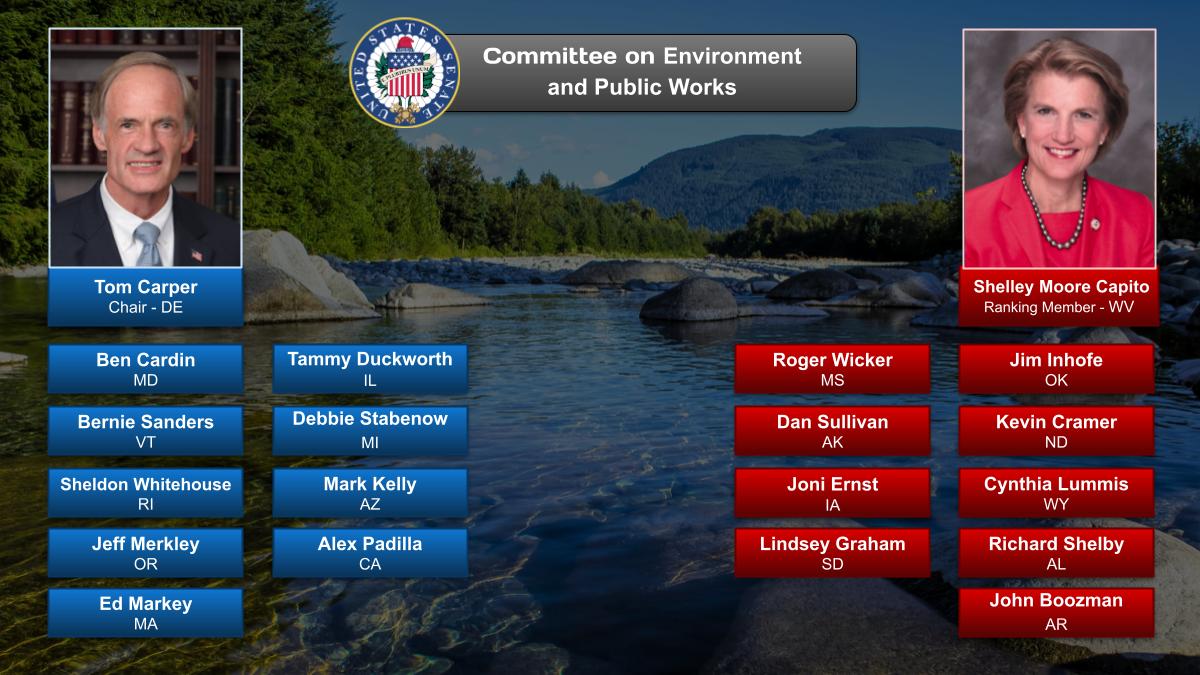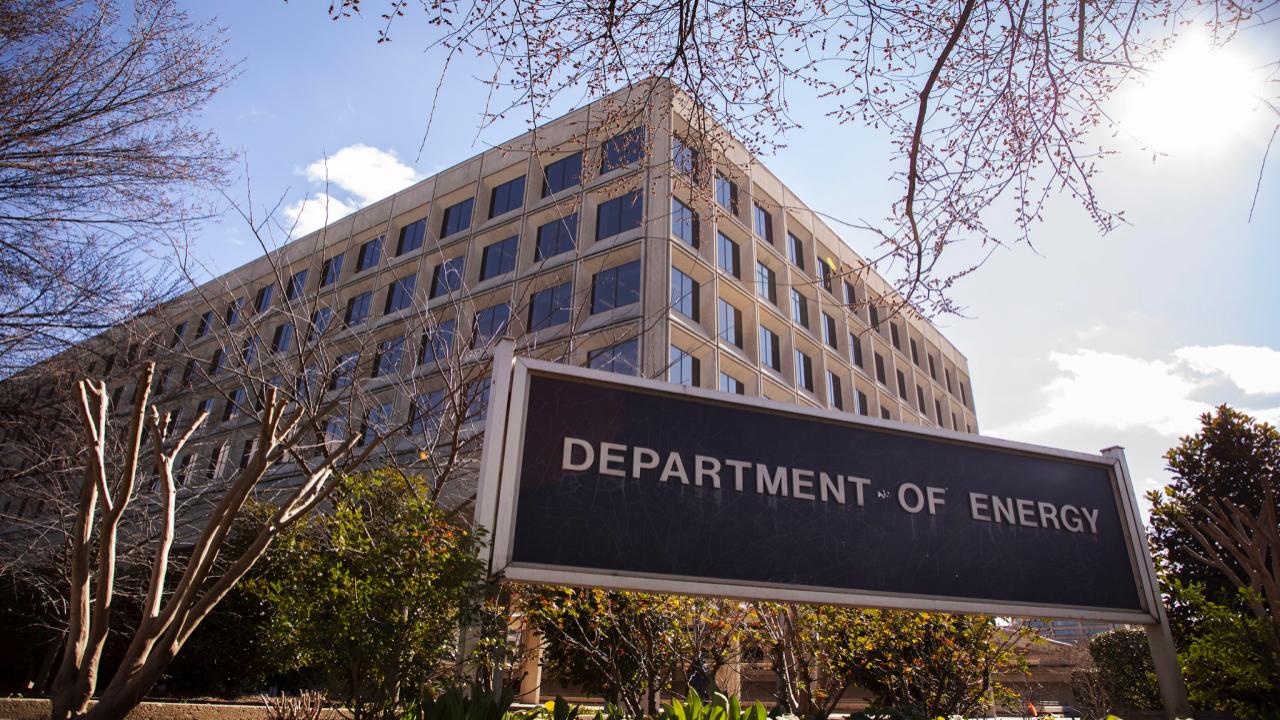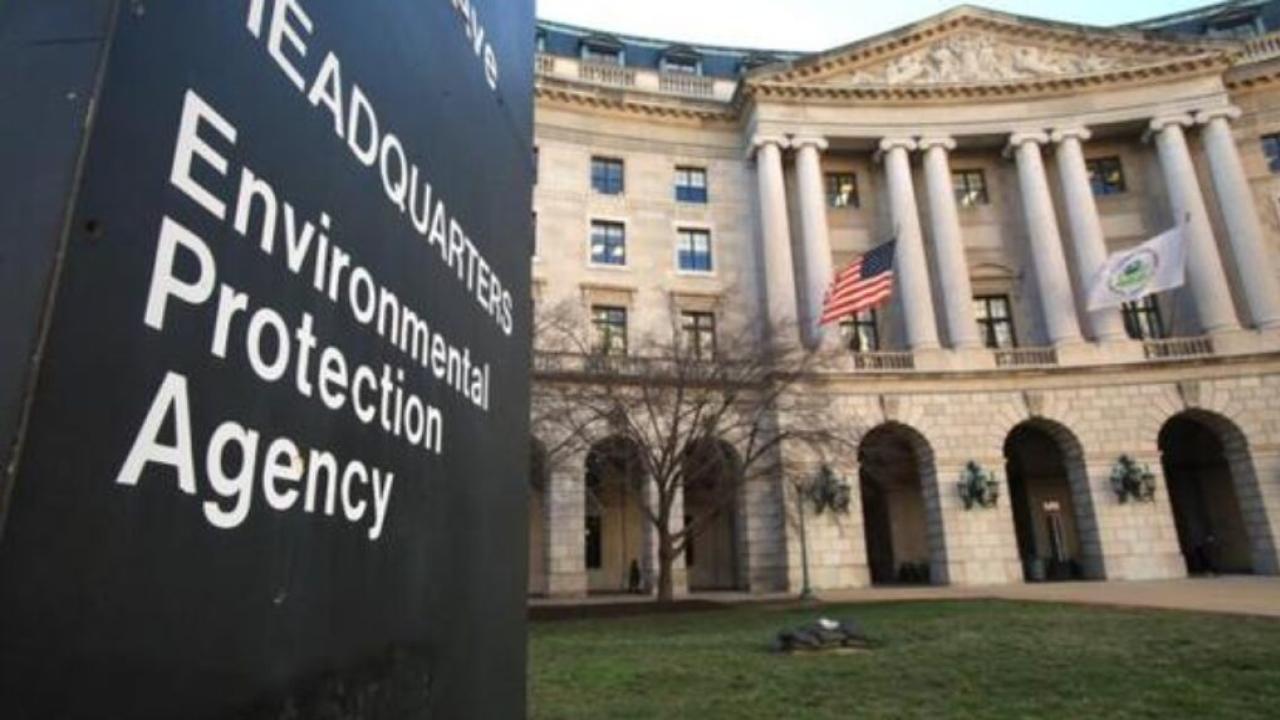Summary
There are many issues related to Energy & Environment that Congress is looking to address with legislation.
We have identified three issues for particular focus: Climate Change, Carbon-based Fuel, and Pollution. This post summarizes the key challenges and solutions around Energy & Environment and the ways Congress and the government are addressing them. Go to the posts on each issue to learn more about each issue and how Congress is addressing the problems.
In the Discussion section of this post, you can ask our curators questions, make suggestions, and discuss other issues related to Education not being addressed in the three focused issues.
TEDx Talks – 09/05/2022 (17:51)
The world faces two important and interrelated challenges. Affordable and reliable energy for all, and protecting the environment. The energy-environment challenge is not simple, but it is solvable if we understand and address the complex fabric of energy security, scale of energy demand, physics of energy density, distribution of energy resources, interconnectedness of the land, air, water and atmosphere, and the extreme disparity in global wealth and economic health.
The truth is that there are no good and bad, clean and dirty, renewable and nonrenewable energy sources. They all have benefits, and they all have challenges. Climate change is an important issue, but it is not the only environmental issue. Solar and wind are important low carbon solutions, but they are only part of the solution. We must put our best minds to the task of addressing the dual challenge, working together to better the world. Dr. Scott Tinker is a global explorer who works to bring industry, government, academia, and NGOs together to address major societal challenges in energy, the environment, and the economy. Dr. Tinker is Director of the 250-person Bureau of Economic Geology, the State Geologist of Texas, and a professor holding the Allday Endowed Chair in the Jackson School of Geosciences at The University of Texas at Austin. Scott formed and is Chairman of the nonprofit Switch Energy Alliance (SEA), and together with Director Harry Lynch, co-produced and is featured in the award-winning energy documentary films Switch and Switch On, which have been screened in over 50 countries to more than 15 million viewers and are used on thousands of educational campuses worldwide. SEA produced Switch Classroom, used in AP Environmental Science classes nationwide. Scott is the creator and voice of Earth Date, a weekly program featured on over 425 public radio stations in all 50 United States. In his visits to some 60 countries, Scott has given nearly 1000 keynote and invited lectures. This talk was given at a TEDx event using the TED conference format but independently organized by a local community.
Learn more at https://www.ted.com/tedx
OnAir Post: Energy & Environment
News
PBS NewsHour – December 4, 2023 (07:34)
One of the big announcements at the UN climate conference this weekend in Dubai was a pledge by more than 110 countries to triple the amount of renewable energy they are generating by 2030. That work is already underway in a rather unlikely place. William Brangham reports in collaboration with the Global Health Reporting Center and with support from the Pulitzer Center.
Carbon removal is hardly a sure thing, and a useful new Substack post explores what might cause a failure to launch.
Driving the news: Nan Ransohoff of Frontier — a group of huge corporations building market demand — published highlights of their “red team” exercise to identify and overcome problems.
Why it matters: Carbon removal could complement clean energy and industrial tech and even help bring temperatures back down if the world misses Paris goals.
- Demand is rising but remains far below what’s needed to achieve the multiple gigaton-scale per year envisioned to make removal a viable solution.
The big picture: Getting on track for science-based 2050 targets means (back of the envelope) around 50-100 million tons of removal by 2030. At an average cost of $200/ton (or lower), that’s $20 billion annually, vastly more than today’s trajectory.
About
Challenges
Climate Change:
- Increasing greenhouse gas emissions and their impacts on global temperatures, sea levels, and weather patterns.
- Transition to clean energy sources and adaptation to climate change effects.
Air Quality:
- Pollution from vehicles, industries, and power plants.
- Health impacts, including respiratory and cardiovascular diseases.
- Air quality standards and regulations.
Water Resources:
- Scarcity, droughts, and water contamination.
- Water conservation, efficiency, and infrastructure improvements.
- Allocation of water resources during droughts and floods.
Land Use and Conservation:
- Deforestation, urban sprawl, and habitat loss.
- Protection of endangered species, biodiversity, and natural resources.
- Sustainable land management practices, including conservation easements and zoning regulations.
Energy Security:
- Dependence on foreign oil imports and geopolitical risks.
- Development of domestic energy sources, such as renewable energy, nuclear power, and fossil fuels.
- Transition to a low-carbon economy.
Environmental Justice:
- Disproportionate impact of environmental hazards on low-income communities and communities of color.
- Access to clean air, water, and healthy environments for all.
- Equitable enforcement of environmental regulations.
Nuclear Energy:
- Production of nuclear waste and concerns about safety.
- Role of nuclear energy in reducing greenhouse gas emissions.
- Decommissioning and cleanup of nuclear facilities.
Fossil Fuels:
- Dependence on fossil fuels for energy and transportation.
- Impacts on air and water quality, climate change, and human health.
- Transition to clean energy sources and carbon capture and storage technologies.
Renewable Energy:
- Development of solar, wind, and other renewable energy sources.
- Job creation and economic benefits.
- Intermittency and storage challenges.
Electric Vehicles:
- Promotion of electric vehicles to reduce transportation emissions.
- Expansion of charging infrastructure and consumer adoption.
- Impacts on the power grid.
Source: Google Search + Gemini + onAir curation
Party positions
Republican Party platform: In 2020, the Republican Party decided not to write a platform for that presidential election cycle, instead simply expressing its support for Donald Trump’s agenda.
- Go here to see a PDF on 2016 Republican Platform.
- Go to this Wikipedia entry to read “Political positions of Donald Trump”.
Democratic Party platform:
- Go here to read the Democratic Party’s plaform on the DNC’s website especially the section on “Combating the climate crisis and pursuing environmental justice“.
- Go to this Wikipedia entry to read the”Political positions of the Democratic Party
Democratic Party Positions
- Climate Change Mitigation: Recognize the threat posed by climate change and support measures to reduce greenhouse gas emissions, such as transitioning to renewable energy sources, promoting energy efficiency, and investing in clean energy research.
- Clean Energy Transition: Support policies that accelerate the transition to clean energy sources, including solar, wind, and geothermal, and phase out fossil fuels.
- Environmental Protection: Prioritize protecting the environment and public health by enforcing environmental regulations, preserving natural resources, and addressing pollution concerns.
- Renewable Energy Expansion: Promote the development and deployment of renewable energy technologies through incentives, tax credits, and research funding.
- Energy Efficiency Standards: Establish and strengthen energy efficiency standards for buildings, appliances, and transportation to reduce energy consumption.
Republican Party Positions
- Energy Independence: Emphasize reducing US dependence on foreign oil through increased domestic energy production, including oil and natural gas.
- Fossil Fuel Support: Support the use of fossil fuels as the primary energy source for the US and oppose policies that restrict their production or use.
- Nuclear Energy: Advocate for the expansion of nuclear energy as a clean and reliable baseload energy source.
- Market-Based Solutions: Favor market mechanisms to address environmental concerns, such as carbon trading and cap-and-trade programs.
- Energy Exploration: Promote policies that encourage exploration and development of domestic energy resources, including fossil fuels, nuclear, and renewable energy sources.
Other Key Issues
- Fracking: Democrats generally oppose hydraulic fracturing (fracking) due to environmental concerns, while Republicans support its use as a means of increasing domestic energy production.
- Environmental Regulation: Democrats support strengthening environmental regulations, while Republicans favor reducing regulatory burdens on businesses.
- Climate Change Science: Democrats accept the consensus among climate scientists that human activities are largely responsible for climate change, while Republicans have a range of views on the issue.
- Offshore Drilling: Democrats generally oppose increased offshore drilling for oil and gas, while Republicans support it.
- Oil Pipelines: Democrats oppose the construction of new oil pipelines, while Republicans support them as necessary infrastructure for increasing energy independence.
Source: Google Search + Gemini + onAir curation
Websites
Government Agencies
- Environmental Protection Agency (EPA): https://www.epa.gov/
- Department of Energy (DOE): https://www.energy.gov/
- Department of the Interior: https://www.doi.gov/
- National Oceanic and Atmospheric Administration (NOAA): https://www.noaa.gov/
- National Park Service: https://www.nps.gov/
Non-Profit Organizations
- Sierra Club: https://www.sierraclub.org/
- Natural Resources Defense Council (NRDC): https://www.nrdc.org/
- Environmental Defense Fund: https://www.edf.org/
- World Wildlife Fund (WWF): https://www.worldwildlife.org/
- The Nature Conservancy: https://www.nature.org/
Research Institutions
- National Renewable Energy Laboratory (NREL): https://www.nrel.gov/
- Argonne National Laboratory: https://www.anl.gov/
- Lawrence Berkeley National Laboratory: https://www.lbl.gov/
- Massachusetts Institute of Technology (MIT) Energy Initiative: https://energy.mit.edu/
- Stanford University Energy Resources Engineering: https://ere.stanford.edu/
News and Information Sources
- Energy News Network: https://energynews.us/
- ClimateWire: https://www.eenews.net/climatewire
- Scientific American: https://www.scientificamerican.com/
- National Geographic: https://www.nationalgeographic.com/
- The New York Times Climate & Environment: https://www.nytimes.com/section/climate
Industry and Trade Associations
- American Petroleum Institute (API): https://www.api.org/
- American Gas Association (AGA): https://www.aga.org/
- Edison Electric Institute (EEI): https://www.eei.org/
- American Council on Renewable Energy (ACORE): https://acore.org/
- Solar Energy Industries Association (SEIA): https://www.seia.org/
Source: Google Search + Gemini + onAir curation
DEPARTMENT & AGENCIES
Departments
Source: Google Search + Gemini + onAir curation
Department of Energy (DOE)
- Responsible for developing and implementing national energy policy, promoting energy efficiency, and supporting renewable energy research and development.
Department of the Interior (DOI)
- Manages federal lands and resources, including national parks, wildlife refuges, and offshore areas. Plays a role in the regulation of oil and gas drilling and mining on public lands.
Environmental Protection Agency (EPA)
- Enforces environmental regulations, sets standards for air and water quality, and manages hazardous waste disposal. Regulates emissions from power plants and vehicles.
Department of Agriculture (USDA)
- Supports sustainable agriculture practices, provides funding for renewable energy projects, and manages forests and grasslands.
Department of Transportation (DOT)
- Oversees transportation policy, including regulations on fuel efficiency and vehicle emissions standards.
Department of Commerce (DOC)
- Promotes economic growth through science and technology, including research and development of energy-efficient technologies.
Department of Defense (DOD)
- Consumes significant amounts of energy and is responsible for developing energy-efficient technologies and reducing its carbon footprint.
Department of State
- Represents the US in international negotiations on climate change, clean energy technology, and other environmental issues.
Council on Environmental Quality (CEQ)
- Advises the President and oversees the implementation of environmental laws and policies across federal agencies.
Agencies
Source: Google Search + Gemini + onAir curation
Energy
- Department of Energy (DOE): Primary federal agency responsible for energy policy, scientific research, and energy production and distribution.
- Environmental Protection Agency (EPA): Regulates air and water pollution, hazardous waste disposal, and other environmental impacts of energy production and use.
- Nuclear Regulatory Commission (NRC): Licenses and regulates nuclear power plants and other nuclear facilities.
- Federal Energy Regulatory Commission (FERC): Regulates interstate transmission of electricity and gas, and issues permits for hydropower projects.
- Energy Information Administration (EIA): Collects and disseminates energy-related data and statistics.
Environment
- Environmental Protection Agency (EPA): Primary federal agency responsible for protecting human health and the environment.
- National Oceanic and Atmospheric Administration (NOAA): Monitors weather, climate, and marine ecosystems.
- United States Fish and Wildlife Service (USFWS): Protects and manages endangered species and their habitats.
- National Park Service (NPS): Preserves and protects national parks and other public lands.
- Forest Service (FS): Manages national forests and other public lands for multiple uses, including timber production and recreation.
Committees & Caucuses
Committees
Source: Google Search + Gemini + onAir curation
House of Representatives
- Committee on Energy and Commerce
- Subcommittee on Energy
- Subcommittee on Environment and Climate Change
- Committee on Natural Resources
- Subcommittee on Energy and Mineral Resources
- Subcommittee on Water, Oceans, and Wildlife
- Committee on Science, Space, and Technology
- Subcommittee on Energy and Environment
- Committee on Transportation and Infrastructure
- Subcommittee on Highways and Transit
- Subcommittee on Water Resources and Environment
- Committee on Ways and Means
- Subcommittee on Tax Policy
Senate
- Committee on Energy and Natural Resources
- Subcommittee on Energy
- Subcommittee on Water and Power
- Subcommittee on Public Lands, Forests, and Mining
- Committee on Environment and Public Works
- Subcommittee on Clean Air and Nuclear Safety
- Subcommittee on Chemical Safety, Waste Management, and Environmental Justice
- Subcommittee on Transportation and Infrastructure
- Committee on Finance
- Subcommittee on Energy, Natural Resources, and Infrastructure
- Committee on Foreign Relations
- Subcommittee on International Development and Foreign Assistance, Economic Affairs, and International Environmental Protection
- Committee on Homeland Security and Governmental Affairs
- Subcommittee on Emergency Management, Preparedness, and Response
Joint Committees
- Joint Committee on Energy and Water Development
- Subcommittee on Energy
- Subcommittee on Water Resources
Caucuses
Source: Google Search + Gemini + onAir curation
Caucuses Related to Climate Change and Clean Energy
- Congressional Climate Solutions Caucus (Co-Chairs: Rep. Kathy Castor (D-FL), Rep. Jeff Van Drew (R-NJ)): Focuses on developing bipartisan climate solutions.
- Congressional Renewable Energy and Energy Efficiency Caucus (Co-Chairs: Rep. Frank Pallone (D-NJ), Rep. Vern Buchanan (R-FL)): Promotes the deployment of clean energy technologies.
- Climate Change Solutions Caucus (Co-Chairs: Rep. John Curtis (R-UT), Rep. Conor Lamb (D-PA)): Seeks common ground on addressing climate change.
Caucuses Related to Environmental Protection
- Congressional Environmental Conservation Caucus (Co-Chairs: Rep. Paul Tonko (D-NY), Rep. Bruce Westerman (R-AR)): Advocates for the protection and conservation of natural resources.
- Congressional Rural Environmental Caucus (Co-Chairs: Rep. Antonio Delgado (D-NY), Rep. Bob Gibbs (R-OH)): Addresses environmental issues affecting rural communities.
- Congressional Water Caucus (Co-Chairs: Rep. Jared Huffman (D-CA), Rep. David Valadao (R-CA)): Focuses on water security and management.
Caucuses Related to Energy Security and Independence
- Congressional Energy Security Caucus (Co-Chairs: Rep. Scott Perry (R-PA), Rep. Marc Veasey (D-TX)): Promotes energy independence and security.
- Congressional Solar Caucus (Co-Chairs: Rep. Haley Stevens (D-MI), Rep. Anthony Gonzalez (R-OH)): Advocates for the expansion of solar energy.
- Nuclear Energy Caucus (Co-Chairs: Rep. John Shimkus (R-IL), Rep. Bill Foster (D-IL)): Supports the use of nuclear energy for power generation.
Caucuses Related to Specific Energy Sources
- Advanced Energy Caucus (Co-Chairs: Rep. Paul Tonko (D-NY), Rep. Fred Upton (R-MI)): Promotes advanced energy technologies.
- American Energy Innovation Council (Co-Chairs: Rep. Ami Bera (D-CA), Rep. John Curtis (R-UT)): Focuses on innovation and research in the energy sector.
- Bioenergy Caucus (Co-Chairs: Rep. Abby Finkenauer (D-IA), Rep. Rodney Davis (R-IL)): Supports the use of bioenergy as a renewable fuel source.
More Information
Partisan Organizations
Source: Google Search + Gemini + onAir curation
Energy
- American Council on Renewable Energy (ACORE): Promotes the development of renewable energy in the United States.
- American Gas Association (AGA): Represents the natural gas industry in the United States.
- Edison Electric Institute (EEI): Represents the investor-owned electric utility industry in the United States.
- Energy Information Administration (EIA): Provides independent data and analysis on energy issues.
- Nuclear Energy Institute (NEI): Represents the nuclear energy industry in the United States.
Environment
- Environmental Defense Fund (EDF): Focuses on protecting the environment through science, advocacy, and legal action.
- National Audubon Society (NAS): Conserves birds and their habitats.
- National Resources Defense Council (NRDC): Protects the environment through research, advocacy, and legal action.
- Sierra Club: Promotes the conservation and exploration of nature.
- Union of Concerned Scientists (UCS): Provides scientific information to policymakers and the public on environmental issues.
Other
- American Petroleum Institute (API): Represents the oil and gas industry in the United States.
- Center for Strategic and International Studies (CSIS): Provides policy analysis on international issues, including energy and the environment.
- Council on Environmental Quality (CEQ): Advises the President on environmental policy.
- Environmental Protection Agency (EPA): Regulates environmental protection in the United States.
- National Academy of Sciences, Engineering, and Medicine (NASEM): Advises the government and the public on scientific and technical issues
Nonpartisan Organizations
Source: Google Search + Gemini + onAir curation
Democratic
- Environmental Defense Fund (EDF): Advocates for policies that protect air, water, and land while promoting clean energy and climate resilience.
- Sierra Club: The nation’s largest grassroots environmental organization, focusing on protecting wilderness, promoting clean energy, and advocating for climate action.
- Natural Resources Defense Council (NRDC): Works to safeguard the environment, public health, and natural resources through litigation, advocacy, and scientific research.
- Union of Concerned Scientists (UCS): Provides scientific expertise to inform public discourse on environmental and energy issues.
Republican
- American Petroleum Institute (API): Represents oil and natural gas producers and supports policies that promote domestic energy production and economic growth.
- American Coalition for Clean Coal Electricity (ACCCE): Advocates for the use of coal-fired power plants and opposes policies that restrict their operation.
- National Mining Association (NMA): Represents mining companies and supports policies that promote domestic mineral production and reduce regulatory burdens.
- Independent Petroleum Association of America (IPAA): Represents independent oil and gas producers and supports policies that promote domestic energy development and reduce taxes.
“Climate and energy” (Wiki)
Contents
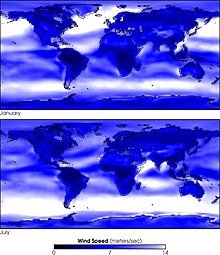
In the 21st century, the Earth’s climate and its energy policy interact and their relationship is studied and governed by a variety of national and international institutions.[1]
The relationships between energy-resource depletion, climate change, health resources and the environment, and the effects that they have on each other, have been subject to numerous scientific studies and research efforts.[2] As a result, a majority of governments [3] see climate and energy as two of the most important policy goals of the twenty first century. [4][5][6]
The correlation between climate and energy rests on known causal relationships between human population growth, rising energy consumption and land use and the resulting greenhouse gas emissions and climate change.[7][8][9][10][11]
The concern for climate change control and mitigation has consequently spurred policy makers and scientists to treat energy use and global climate as an inextricable nexus with effects also going in reverse direction[12] and create various initiatives, institutions and think tanks for a high-level treatment of the relationships:
- Major Economies Forum on Energy and Climate Change (global)
- Ministry of Climate, Energy and Building (Denmark)
- Business for Innovative Climate and Energy Policy (US)
- United States House Select Committee on Energy Independence and Global Warming (US)
- European Union climate and energy package (EU)
- Department of Energy and Climate Change (UK)
- White House Office of Energy and Climate Change Policy (US)
- Department of Climate Change and Energy Efficiency (Australia)
- Minister for the Environment and Energy (Australia)
- Climate Change and Sustainable Energy Act 2006
- Wuppertal Institute for Climate, Environment and Energy (Germany)
- Center for Climate and Energy Solutions (UK)
- City of Oakland Energy and Climate Action Plan (US)
- Energy and Climate Change Select Committee (UK)
- San Diego Journal of Climate and Energy Law (US)
- Renewable Energy Sources and Climate Change Mitigation (United Nations)
See also
References
- ^ Zelli; Bäckstrand; Nasiritousi; Skovgaard; Widerberg (2020), Governing the Climate-Energy Nexus, Cambridge University Press, pp. 1–8, ISBN 9781108484817
- ^ Khan, Syed Abdul Rehman; Zaman, Khalid; Zhang, Yu (2016-09-01). “The relationship between energy-resource depletion, climate change, health resources and the environmental Kuznets curve: Evidence from the panel of selected developed countries”. Renewable and Sustainable Energy Reviews. 62: 468–477. doi:10.1016/j.rser.2016.04.061. ISSN 1364-0321.
- ^ Martin. “Climate Change”. United Nations Sustainable Development. Retrieved 2021-11-15.
- ^ Colman, Zack. “Biden says U.S. will quadruple climate aid to poor countries”. POLITICO. Retrieved 2021-11-15.
- ^ “The countries most vulnerable to climate change are leading the way”. Climate Change and Law Collection. doi:10.1163/9789004322714_cclc_2018-0256-004. Retrieved 2021-11-15.
- ^ “Issues and priorities for the Twenty-first Century”. www.ciesin.org. Retrieved 2021-11-15.
- ^ Jones, Glenn A.; Warner, Kevin J. (2016). “The 21st century population-energy-climate nexus”. Energy Policy. 93. Elsevier BV: 206–212. doi:10.1016/j.enpol.2016.02.044. ISSN 0301-4215.
- ^ Dale, Virginia H.; Efroymson, Rebecca A.; Kline, Keith L. (2011-05-15). “The land use–climate change–energy nexus”. Landscape Ecology. 26 (6). Springer Nature: 755–773. Bibcode:2011AGUFMPA32A..03D. doi:10.1007/s10980-011-9606-2. ISSN 0921-2973. S2CID 2077651.
- ^ Ram Avtar; Saurabh Tripathi; Ashwani Kumar Aggarwal; Pankaj Kumar (2019). “Population–Urbanization–Energy Nexus: A Review”. Resources. 8 (3): 136. doi:10.3390/resources8030136.
- ^ Paolo D’Odorico; Kyle Frankel Davi (2018). “The Global Food‐Energy‐Water Nexus”. Reviews of Geophysics. 56 (3): 456–531. Bibcode:2018RvGeo..56..456D. doi:10.1029/2017RG000591. hdl:11577/3286061.
- ^ Mullan, B.; Haqq-Misra, J. (2019). “Population growth, energy use, and the implications for the search for extraterrestrial intelligence”. Futures. 106. Elsevier BV: 4–17. arXiv:1806.06474. Bibcode:2019Fut…106….4M. doi:10.1016/j.futures.2018.06.009. ISSN 0016-3287. S2CID 119387595.
- ^ “Climate Impacts on Energy – Climate Change Impacts”. US EPA. 2016-05-25. Retrieved 2018-03-01.
